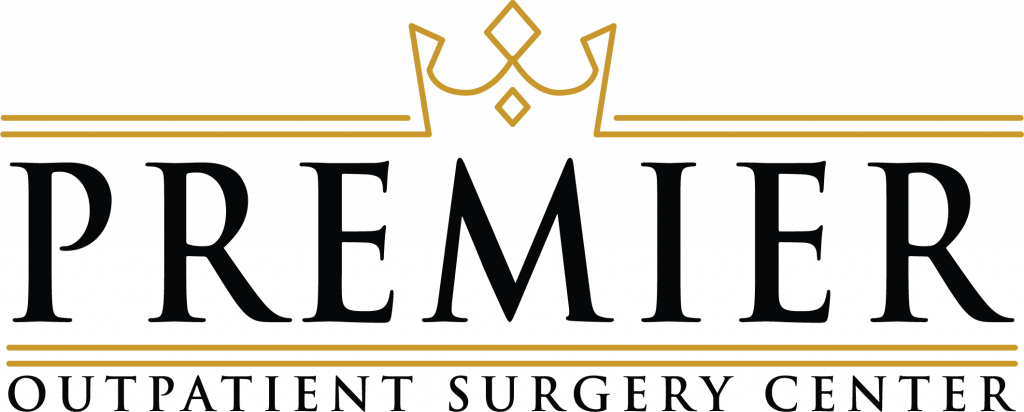Coccygeal (Tailbone) Pain
Coccyx is another name for tailbone, the triangular structure at the bottom of the spine vertebrae. It is made up of small bones that are connected by joints and ligaments. Coccyx pain (coccydynia) is often caused by a single trauma, such as a fall or during childbirth. These injuries can result in bruises, sprains, breaks or dislocation of the coccyx, and injuries are often extremely painful.
Warning Signs & Symptoms
One obvious sign of coccygeal injury is a visible bruise on your tailbone area. Other signs include pain after sitting for a long time, or pain in the area while trying to have a bowel movement. Sometimes women experience pain during intercourse, which can signal a possible tailbone injury. Although injuries are a frequent cause of tailbone pain, it can occur for other reasons, such as aging.
Possible Risk Factors
Most tailbone injuries occur in women, because the female pelvis is broader and therefore the tailbone coccyx is more vulnerable. Childbirth is one of the most common causes of tailbone injury and pain.
Other causes include:
- Cycling or rowing (due to continually leaning forward and stretching the base of the spine)
- Hard fall or direct blow to the tailbone
- Muscle strain that leads to muscles no longer able to hold the coccyx in position
- Sitting, standing or lying in awkward positions for a long period of time
- Obesity
- Underweight (not have enough fat to cushion coccyx from surrounding tissues)
- Aging (causes the small discs of cartilage that help hold the coccyx in place to wear down)
Less common causes include:
- Bone spurs
- Cancer
- Infection
- Nerve root compression
Tests to Diagnose Coccygeal Pain
Diagnosing coccygeal pain begins through a medical examination, including health history, and specifics about their pain.
There are a number of tests physicians may use to better understand the injury. For instance, a rectal exam may be performed. In doing this, physicians can determine if the tailbone is dislocated or fractured. X-rays may be taken to determine whether there is a fracture or dislocation.
Treatment Options
Although the coccyx can be slow to heal, many coccygeal injuries can be managed minimally. For example, there are special doughnut-shaped cushions that can be used while the injury heals. Patients can also take over-the counter pain medications, or if the pain is more severe, physicians may be able to prescribe another type of pain medication.
Coccygeal injections are also an option. Different types can be used for different types of injuries:
- Steroids: Reduce inflammation in the area
- Nerve Block: Temporarily blocks nerve signals and when anesthetic wakes up, the pain can be reduced or eliminated
- Nerve Ablation: Destroys the affected nerves in order to reduce or eliminate pain
In rare cases, usually when coccygeal pain is caused by cancer, removal surgery might be the best option.
